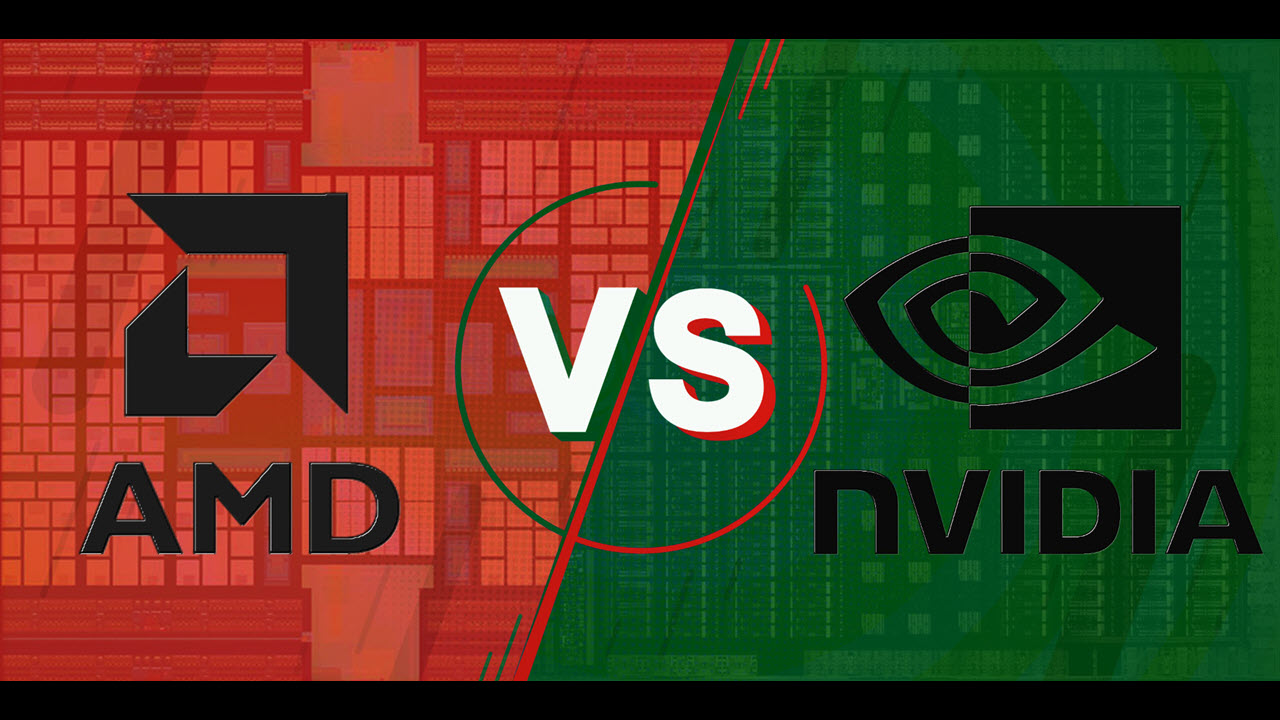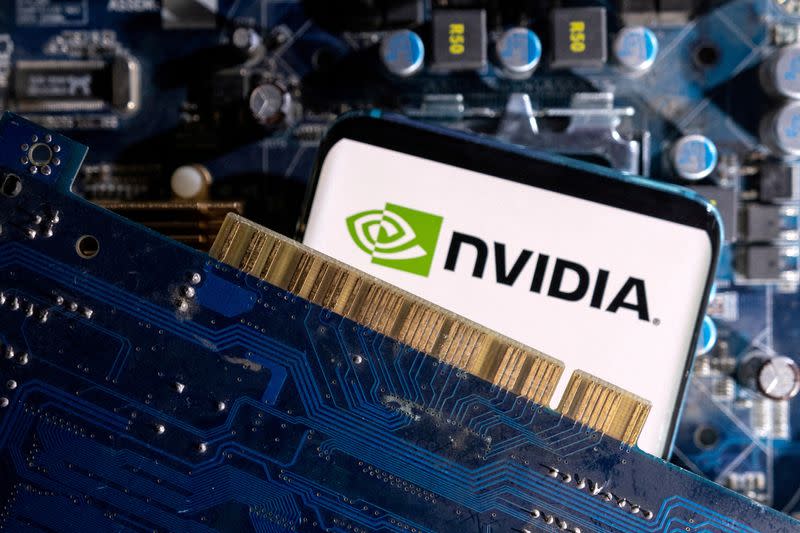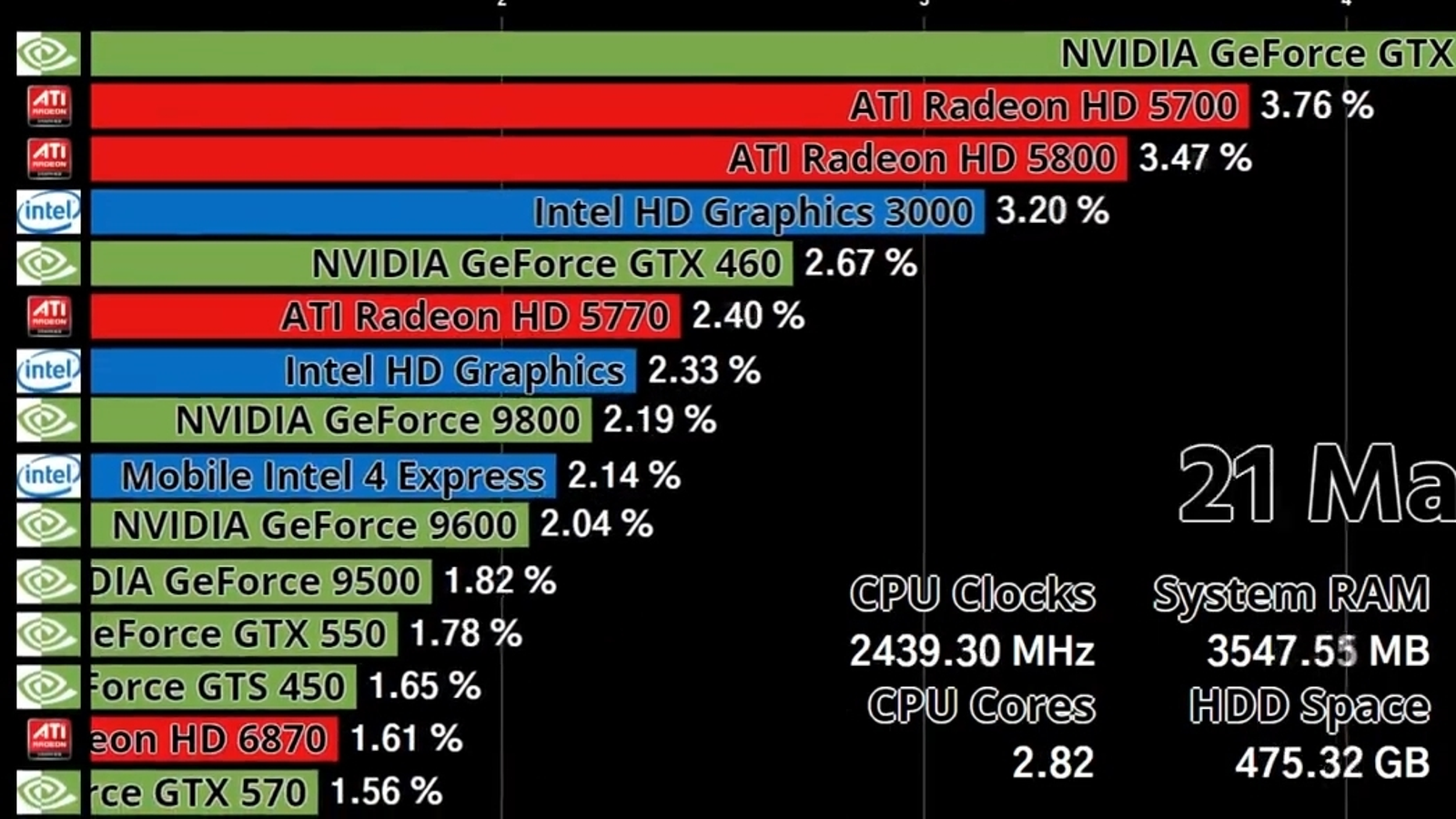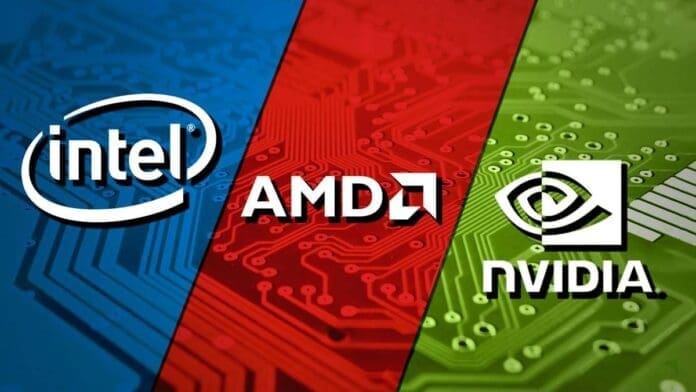AI chip rally is on the rise. The wave in US chip stocks, presented by Nvidia and AMD doubling in value in the past year, faces challenges amid concerns that the AI crash is masking a broader decline in semiconductor demand.

The Philadelphia Stock Exchange Semiconductor Index, tracking the top 30 US chip companies, has risen over 50% yearly as investors bank on sustained demand for AI processors fueling technologies like OpenAI’s ChatGPT.
Only a select few companies have reaped substantial rewards from the surging demand for AI chips from major tech giants and startups like OpenAI and Anthropic in the past year.
Nvidia and its suppliers, including TSMC and Supermicro, have experienced outsized gains, while most other chipmakers oppose bloated inventories and calm customer demand across various industries.
The resilience of the chip rally, which gained momentum in the last months of 2023, faces a crucial test this week with the release of earnings reports from AMD, seen as the primary rival to Nvidia in supplying graphics processing units essential for training cutting-edge AI systems, and Qualcomm, banking on new AI-powered smartphones to revive the mobile market.
On Friday, Intel saw its shares dip by approximately 12%, resulting in a $25 billion reduction in market value. This drop followed the Silicon Valley giant’s first-quarter revenue forecast, which fell short of Wall Street’s expectations by as much as $2 billion.
![]()
Analysts observed that the lower figures indicated Intel’s struggle against Nvidia, whose state-of-the-art chips have become essential for companies like Microsoft, OpenAI, and Meta. These firms are heavily investing in new data centers focused on AI.
Earlier this month, Meta’s CEO, Mark Zuckerberg, announced the social media giant’s plan to acquire nearly 600,000 high-end GPUs, primarily from Nvidia, by the end of the year. This substantial investment of several billion dollars underscores Meta’s strengthened commitment to AI research.
While a few well-funded tech giants heavily invest in AI chips, semiconductor companies catering to a broader customer base in traditional industries, such as Texas Instruments and ST Micro, have reported subdued demand that fell short of investors’ expectations.
Texas Instruments recently reported that its first-quarter revenue is projected to be around 10% lower than Wall Street projections. Dave Pahl, TI’s head of investor relations, commented, “We believe that we’ll just continue to operate in a weak environment and one where customers are continuing to rebalance their inventories overall.”
Analysts highlighted that the $150 billion chipmaker has been grappling with heightened levels of order cancellations over the past several quarters, a persistent trend, according to Mr. Pahl.
This shift in the semiconductor landscape has positioned Nvidia as a pivotal player, with its stock continuing to fly despite the broader market fluctuations. The 25% increase this month builds on the impressive tripling of its value in 2023. Executives at Nvidia remain optimistic about sustained growth, even amid substantial revenue upgrades in recent quarters.

Jonathan Goldberg from D2D Advisory, a tech consultancy, delves into the core of the matter, stating, “At a fundamental level, AI represents a transition from Intel’s dominance in the data center to Nvidia taking the lead.” Intel’s loss of the data center crown is prompting a reflection of its impact.

Contrarily, companies affiliated with Nvidia are reaping the benefits. TSMC, a chip manufacturer, recently forecasted revenue growth up to 25% for the year. Super Micro, specializing in server components, thrives amid these industry dynamics. The ongoing success of Nvidia and its associates underscores the seismic shifts reshaping the semiconductor landscape.
Supermicro’s stock has surged by more than 60% this month, driven by a positive outlook. The company revealed that sales for the quarter ending in December would exceed expectations by as much as 33%, equating to $900 million.
Despite Friday’s decline, Intel’s shares have gained almost 50% in the past year. Investors have been optimistic about a turnaround in the PC market and anticipated Intel’s entry into the substantial AI demand landscape that Nvidia has dominated.
Intel’s CEO, Pat Gelsinger, aimed to reassure investors, characterizing first-quarter challenges as temporary. He expressed confidence in business rate strengthening throughout the year, promising “meaningful revenue acceleration” in its Gaudi AI chips, positioning them as rivals to Nvidia’s offerings.

Creative Strategies analyst Ben Bajarin commented, “This is not a systemic industry problem, but it hurt a lot of people’s confidence.” Despite the setback, Bajarin anticipates a positive rebound for the semiconductor market this year.




